| Lessons from a Deliberative Dialogue In a pre-election "public affairs summit" called Politifest sponsored by Voice of San Diego, a nonprofit news organization, over 700 people in San Diego came to listen, learn, and exchange ideas about critical issues in the November 2018 election. A featured event at Politifest was a "deliberative dialogue" convened by the San Diego Deliberation Network on the issue of affordable housing. In a one-hour session, over 40 members of the San Diego community thought through policy issues concerning affordable housing, listened to each other and exchanged ideas on improving housing affordability. A full report on this affordable housing dialogue is available HERE. |
|
0 Comments
Through Deliberative Engagement 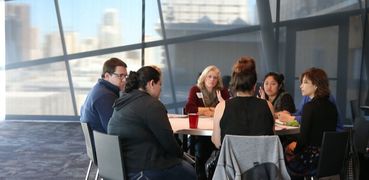 Deliberative Dialogue at the San Diego Library Deliberative Dialogue at the San Diego Library Try talking with someone about housing affordability in San Diego County. After exchanging sensational numbers on the latest rental rate hikes, home prices, or lengthening commute times, the conversation can end in a hopeless conclusion about the intractable situation. The San Diego Deliberation Network has been focused on how the San Diego community can come together to deliberate about our housing affordability crisis. We seek to tap into the community’s capacity to think through the facts about this issue and participate in problem-solving, as area cities, San Diego County, and California legislators respond to the urgent needs of our most vulnerable residents and impacted employers. While the key driver of the crisis is the insufficient supply of housing to meet the demand, there are many inter-related issues that make potential solutions complex. We've framed a discussion guide that offers broad, competing perspectives to explore the tensions of housing affordability in San Diego. Coming together as a community to talk about and assess the competing trade-offs about housing affordability can increase our community’s capacity to make decisions on our collective critical problem. Contact us about holding a dialogue on affordable housing in your community. by Kim Quinney, Ph. D.
“Build the plane while you’re flying it” is an idiom that has become particularly popular in Silicon Valley—the notion being that if software isn’t quite right, you send it out anyhow (bugs and all), and fix it through iteration after iteration. The only way to have founded the San Diego Deliberation Network (SDDN) was to build while flying. There just wasn’t another way to do it. So, I wanted to take just a few minutes to explain the benefits and the challenges of doing so: Building the Plane: SDDN is a regional cohort of representatives from the major San Diego Universities. It grew out of an invitation by the Kettering Foundation to participate in Learning Exchanges with Centers of Public Life in 2014-15. Although not a participant in the exchange, Carl Luna acted as our captain/ point of contact. We participated in the exchange, and we learned a lot about the Kettering approach to deliberation. We adopted tools, such as “naming and framing” an issue; relying on a document to provide context and possible options with regard to resolving that issue (an Issue Guide) and best practices for facilitating deliberation.
We facilitated several dialogues, some to capture ideas for action on improving communities and others using Kettering Issues Guides on national topics. And we kept flying and we kept building:
Who we are is changing-- and NOT changing. Our mission remains the same, but our membership is naturally evolving. What had been a small team of founders is now expanding to include community members who are eager to participate in this work. We are now a proud affiliate of the Institute for Civil Civic Engagement at the University of San Diego. What became clear to all of us as we managed through the various iterations of SDDN—what we are and what we are becoming—is that the very process of founding the collaborative was in and of itself a process of deliberative democracy. Process matters. This is a re-posting of an article which appeared May 19, 2016 in the Charleston Gazette-Mail.
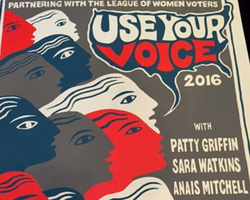 Use Your Voice Concert Tour Friday, April 1, 2016 7:30 pm California Center for the Arts, Escondido Click here for ticket details.  (L-R) Patty Griffin, Sara Watkins, Anais Mitchell (L-R) Patty Griffin, Sara Watkins, Anais Mitchell The goal of the San Diego Deliberation Network is to develop deeper exchanges between people in our community and policy makers. Together we are talking about complicated issues in nuanced ways, and participants at recent community conversations in the San Diego area have been positive about what it feels like to ‘be heard.’ The traditional way of ‘being heard’ in our democracy is through voting, but the statistics show those numbers are down—and one reason given is because people don’t feel like they know enough to vote, and don’t want to ‘vote stupid.’ The connection between deliberation and voting is what caused the League of Women Voters to be a founding member of the San Diego Deliberation Network. The League sees deliberation as a powerful way for people to become informed before voting. And, we’re finding that just as the quality of our dialogues improve when all people can participate, so it goes for elections, too. When unheard voices join the conversation and under-represented people vote, we all benefit. To reach people who may not be in the habit of voting, the League has teamed up with Grammy winner Patty Griffin and her fellow singer/songwriters Sara Watkins and Anais Mitchell, masters of American folk and bluegrass music to promote a nationwide concert tour: Use Your Voice. The goal is to connect with people across the country by focusing on the strength voters wield in all walks of life and convincing them of their potential for altering the course of history. One stop on this 38-city tour is in the San Diego area at 7:30 pm on Friday, April 1st at the California Center for the Arts in Escondido. Click here for concert details and musical clips. Trio members told of what inspired them to do this tour. Anais Mitchell said, “You can tweet all you want, but you need to vote,” Miss Griffin said. “In my home county in Texas, only 8 percent of eligible voters came out the last time. This is not acceptable.” The League of Women Voters conducts nonpartisan voter registration and education each year with the goal of empowering millions of voters to participate and ensure they have fair and equal access to the vote. U.S. League president Elisabeth MacNamara explains the purpose of the tour as "a way to help fans get the election information they need, whether it's how to update their voter registration, find easy-to-understand local candidate and voting information, or learn about getting involved in the League's work." The April 1st concert is a rare San Diego opportunity to ‘hear’ from award-winning artists who make the “best-of” lists on NPR, Wall Street Journal, and the Guardian, and promote the idea of ‘being heard’ by under-represented voters.
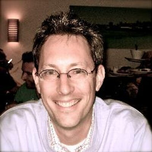 Matt Leighninger Matt Leighninger Matt Leighninger is Vice President of Public Engagement & Director of the Yankelovich Center for Public Judgment at Public Agenda. He has spent the last 20 years thinking about what makes democracy work and will be visiting the San Diego area next week to speak with members of the San Diego Deliberation Network and at two local universities. A community conversation with Matt Leighninger is free and open to the public on Thursday, Feb. 18th at California State University San Marcos in the Kellogg Reading Room from 5:30 - 7:30 pm. Click here for a flyer to this event. In an op-ed We Need a Yelp for Civic Engagement to Get the 21st Century Democracy We Want Leighninger makes a case that meaningful, productive forms of civic engagement over long periods of time show improvements in quality of life. In Brazilian cities which adopted democratic innovations more than 20 years ago, those communities have higher tax compliance, lower infant mortality, higher economic growth, higher redistribution of wealth, and lower corruption. He argues that despite the energy and ingenuity evident in newer forms of engagement, democratic innovations are not transforming American politics. This apparent lack of change is partly because most citizens do not think that American politics can be transformed; they are resigned to the idea that our democracy cannot be improved. This century’s media provides an opportunity, according to Leighninger. As we are constantly being engaged by citizen-centered ways of measuring—and improving—many aspects of our lives, the same thinking and technology could be applied to civic engagement, especially if governments said they wanted feedback. Why shouldn’t Yelp ask us, “How would you rate this school board meeting?” Leighninger sees potential for a 21st century vision of a comprehensive, holistic, citizen-centered local democracy, which might spur efforts to improve all kinds of engagement. A key value would be the capacity to understand how economic, racial, and other inequalities play out politically. According to Matt Leighninger, the fundamental benefit of helping people measure democracy is that it reinforces the idea that democracy can, in fact, be improved. To register to attend the Feb. 18th conversation with Matt Leighninger, send an email to [email protected] .
|
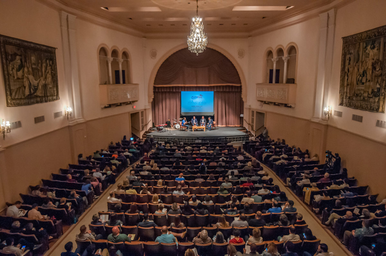

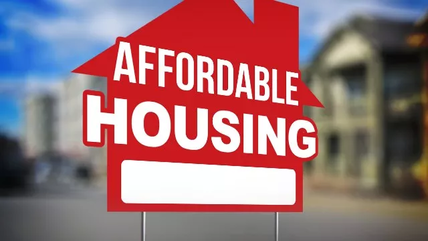
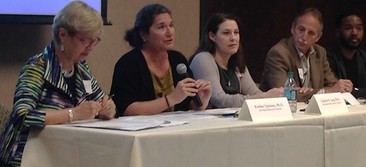
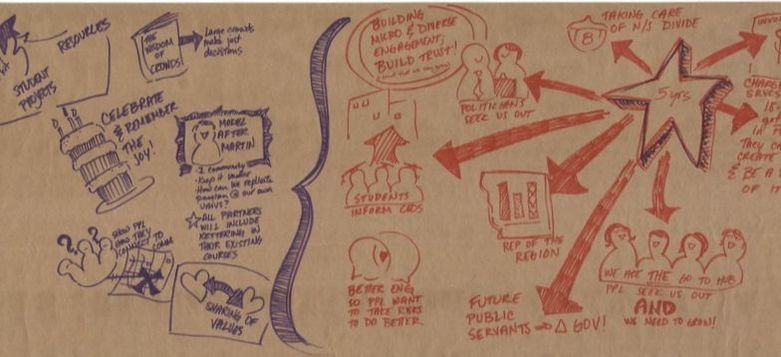
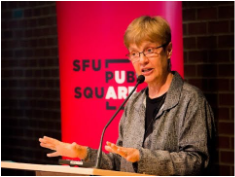

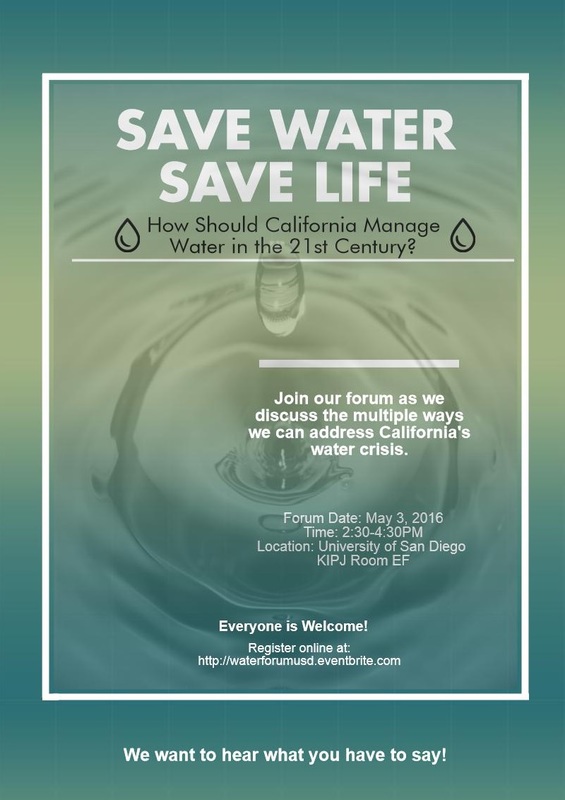
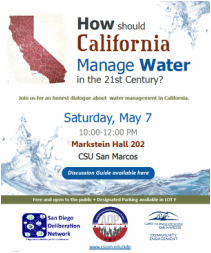
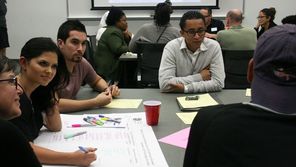
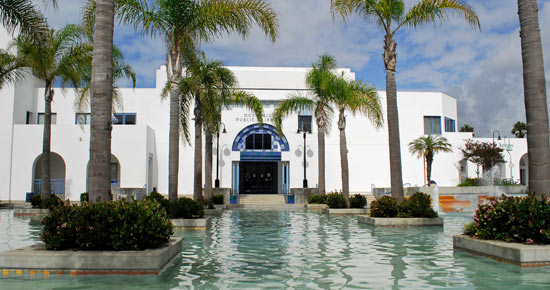

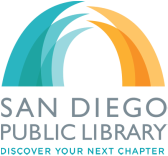
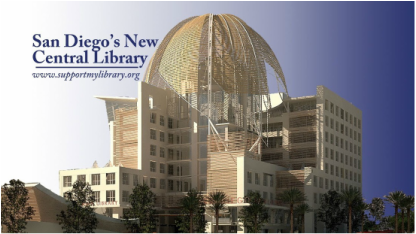
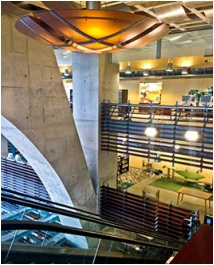
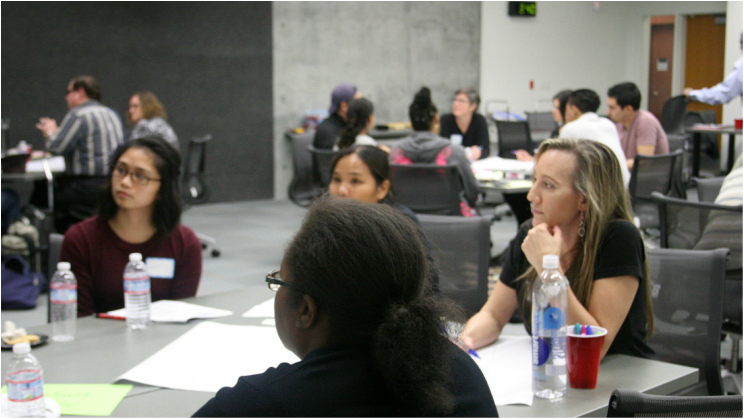
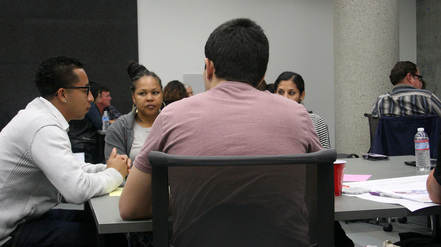
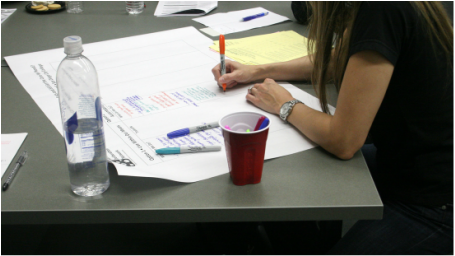
 RSS Feed
RSS Feed